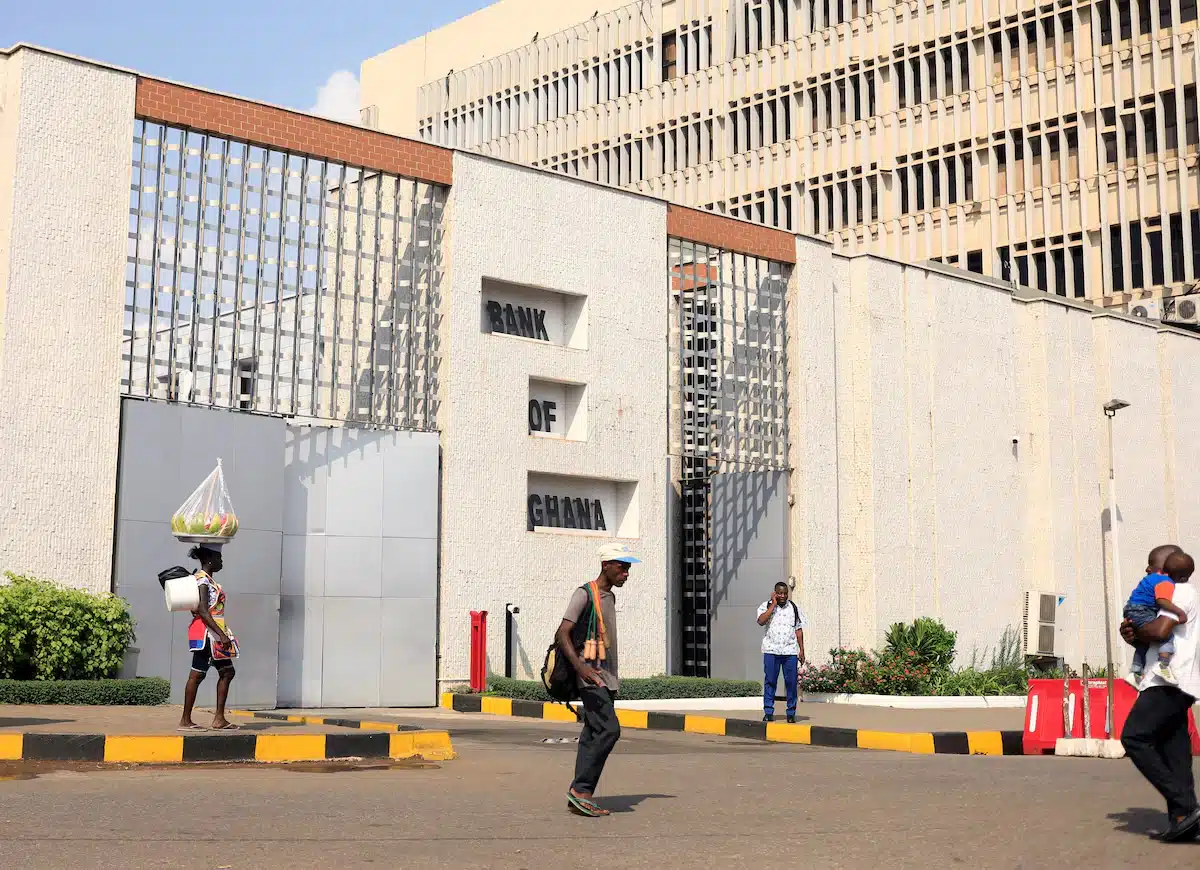The Central Bank of Nigeria (CBN) has imposed stricter cash withdrawal limits on bank agents to advance its cashless policy. This directive, communicated via a circular dated 17 December 2024, raises questions about the feasibility of compliance and enforcement.
Key provisions of the circular
The circular assigns new responsibilities to issuers and principals of POS and bank agents. These include:
a) Setting a weekly cash withdrawal limit (cash-out) per customer, regardless of channel, at ₦500,000.
b) Ensuring all agent banking terminals enforce a daily cash-out limit of ₦100,000 per customer.
c) Capping each agent’s daily cumulative cash-out limit at ₦1,200,000.
d) Clearly demarcating agent banking services from merchant activities and ensuring agents apply the approved Agent Code 6010.
e) Mandating that agency banking activities be conducted exclusively through agent float accounts.
For individuals or businesses exceeding these limits, processing fees of 5% and 10%, respectively, will apply. For example, if an individual withdraws ₦100,000 in a week and wishes to withdraw an additional ₦20,000, a processing fee of ₦1,000 will apply. For businesses, the fee for the same amount would be ₦2,000. These charges are separate from fees paid to POS agents.
The role of banking agents and reliance on cash
Banking agents provide auxiliary banking services, such as account opening, POS transactions, and cash withdrawals and deposits, particularly in rural and suburban areas where banks have limited or no physical presence.
With the ongoing cash shortages at banks, reliance on POS and bank agents has surged, as individuals and businesses continue to require cash for daily transactions. This highlights the persistent importance of cash in Nigeria’s economy, despite efforts to promote cashless payments.
Compliance and enforcement concerns
To ensure compliance, the CBN has directed that all agent transactions, including withdrawal limits and balances in float accounts, be electronically reported to NIBSS daily, with templates provided to the principals. Additionally, the CBN has promised oversight checks, including impromptu back-end reviews, to enforce these directives. Breaches will attract monetary or administrative sanctions.
Despite these measures, doubts remain. The CBN has previously vowed to crack down on banks rationing cash or selling naira notes to POS agents and currency vendors, yet such practices persist without any reported penalties.
Moreover, the provision allowing extra withdrawals upon payment of processing fees could undermine the policy’s intent to reduce cash circulation. Nigerians in urgent need of cash may simply opt to pay the fees, potentially rendering the limits ineffective.






